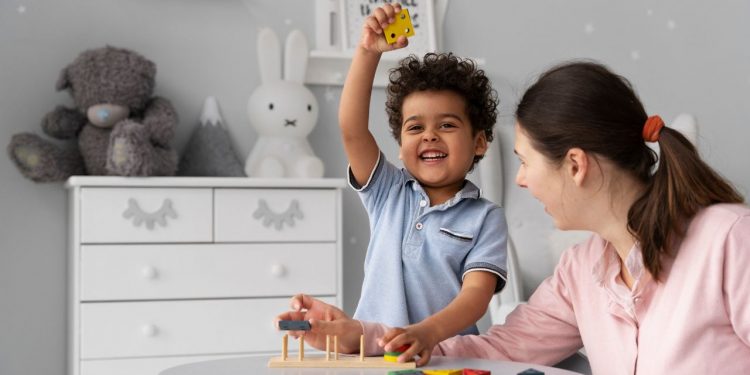We all remember going to grade school and there being a counselor available to us. Many, if not most of us, rarely (if ever) used the services of this counselor. We didn’t know how to broach the subject that we needed mental counseling. Children often need strong guidance just to take the steps to get counseling. Parents are perfectly suited for this role.
School therapists may be stretched thin when it comes to large student bodies. Therefore it may be in a parent’s best interest to offer counseling to their child outside of school.
These days therapy is much more accepted and talked about versus when most of us adults went to school in the 70s, 80s, and 90s. There are many more therapists in the workforce. You have a great chance of finding a qualified child therapist wherever you live. You can just as easily find a child therapist in Tampa, Florida as you can in Farmville, Virginia.
Visiting professional a therapist’s website and reading their blog is the best way to get an idea of who they are. After all, your goal is to match your child with the therapist that will be best for them. Therapy is something that helps most people who seek it in the short as well as the long-term.
Current Academic Counseling Guidelines
All three types of assistance—general, intensive, and special—offer guidance and counseling, which is a crucial component of a student’s support system. Academic and psychological counseling are both included in all of these categories. Therefore, guidance counseling involves not only advising on the selection of studies but also providing counseling to the pupils or students, for instance, in regards to their learning challenges.
Throughout basic education, students receive counseling and pedagogical coaching. The goal of counseling is to assist students in creating personalized study schedules. Through collaboration and communication amongst all teachers involved in a student’s educational career, continuity is made possible. Guidance and counseling are crucial at times of change in a student’s career.
The local curriculum must provide the guidelines for guidance activities and the allocation of labor among various participants. All teachers have the responsibility of assisting students in their academic pursuits across a range of disciplines, assisting them in the development of their learning skills and talents, and preventing the onset of study-related issues. All students should be able to get the best results for them through guidance and counseling.
It is crucial that teachers make an effort to boost students’ self-confidence in their instruction. They must motivate the students to put up their best effort and obtain learning outcomes consistent with their aptitudes. Positive reinforcement is an effective way to encourage students to “excel themselves” and get success experiences. Supporting students’ personal development, progress, cooperation, and positive connections with other students is the responsibility of each teacher. Working in a team may be both incredibly informative and gratifying.
It is important to seek out help, advice, and counseling early on, when issues are still minor. Getting advice at the proper moment can frequently stop problems from getting worse.







